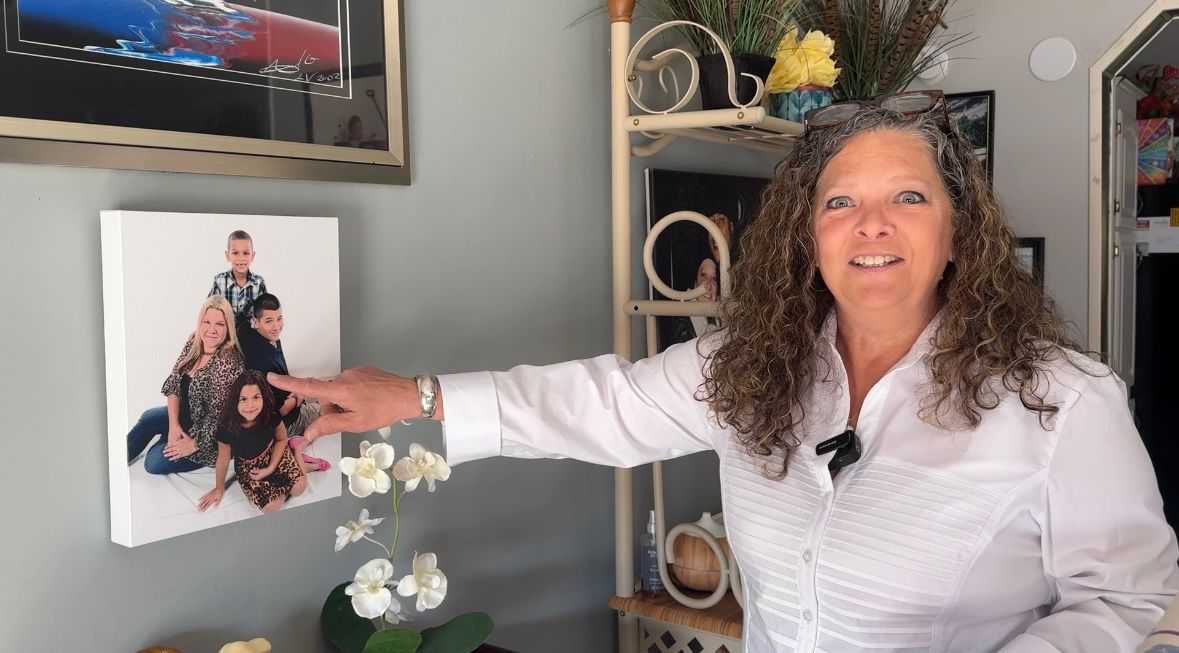POLK COUNTY, Fla. — Polk County is celebrating a milestone in helping create a safe place where mental health is top of mind.
Through its various mental health resources, the county received a platinum Bell Seal award from Mental Health America.
Chaplain Murphy Hanley contributes to those efforts by regularly checking on his fire rescue team.
It’s all part of what he does as chaplain — ensuring all fire personnel feel seen and heard.
“Sometimes we talk about serous stuff, sometimes we talk about the kids and the family, and sometimes we crack jokes,” Hanley said.
Hanley said it has been extremely important to talk to one another. A few years ago, they lost a retired firefighter to suicide.
It’s part of the reason why a resource page can be seen across all fire stations with mental health support.
"We as a department have begun to utilize partner resources such as Lakeland Regional Behavioral Health, (and) regionally University of Central Florida health restores program," Hanley said.
Hanley said it has taken a lot of people coming together to make it happen, starting with the county.
Polk County currently offers multiple trainings and certifications to help support a people's mental health. It even offers a wellness center and services that an employees' families can also take advantage of.
“We focus on the eight dimensions of wellness," said county equity and human resources director Kandis Baker-Buford. "Of course, the mental is very important, but the physical aspect as well."
She said receiving a Bell Seal Award for the first time is a step in the right direction in helping shine light on mental health.
“There was a time that no one wanted to talk about it, and so the more we talk about it and we do training and education on it, it kind of helps to destigmatize it,” she said.
More than 50 million people suffer with a mental health illness nationwide, according to the National Alliance on Mental Illness.









